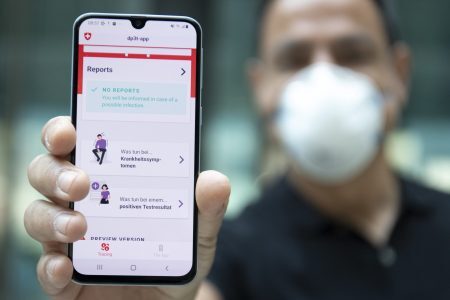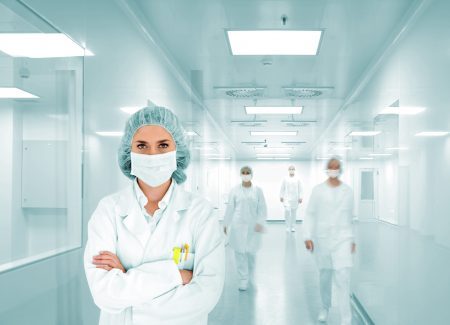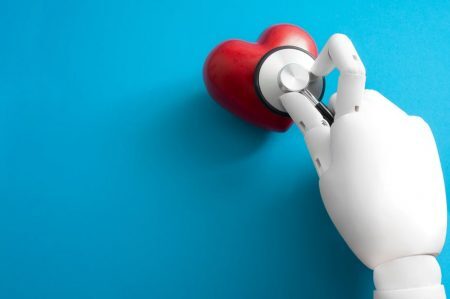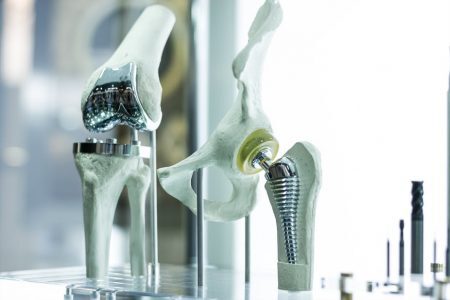Thermal cameras are already being implemented as a means of detecting people with fever-like symptoms in high-traffic areas such as hospital entrances, shopping centres and office buildings, and potentially mass-attendance sporting events when they resume.
Browsing: medical
Childhood is an important time to think about myopia because myopic children tend to become more nearsighted over time. The age of myopia onset is the most significant predictor of severe myopia later in life.
Contact tracing has long been used in response to disease outbreaks. It is simply the idea of asking an infected person who they have been in contact with and then notifying the people in question to try and control the spread of the disease. Some countries have been employing this during the current crisis. The World Health Organisation has consistently said that “tracing every contact must be the backbone of the response in every country”.
Things are getting more serious as we’re getting closer to tonight’s lockdown. There are queues at shopping centres and chemists,…
Coronavirus has certainly created a pandemic of fear. The entire planet’s media is gripped by coronavirus. It is right that there is deep concern and mass planning for worst-case scenarios. And, of course, the repercussions move from the global health sphere into business and politics.
When will I die? This question has endured across cultures and civilisations. It has given rise to a plethora of religions and spiritual paths over thousands of years, and more recently, some highly amusing apps.
Whether you’re an athlete trying to gain the competitive edge, a weekend warrior tracking progress or someone who is just trying to improve your health, consider heart rate a valuable tool in understanding the work of your amazing body as it achieves those first steps, that next 5K or even Olympic gold.
Love them or hate them, smartphones have become ubiquitous in everyday life. And while they have many positive uses, people remain concerned about the potential negative harms of excessively using them – especially in children and teens
Researchers recently produced an algorithm that could guess whether heart patients had lived or died from their condition within a year. By looking at data from a test of the heart’s electrical activity known as an electrocardiogram or ECG, the algorithm successfully predicted patient survival in 85% of cases
William Gregor, an amateur mineralogist and chemist, first discovered ilmenite – some black sand containing one of the world’s lightest metals…










